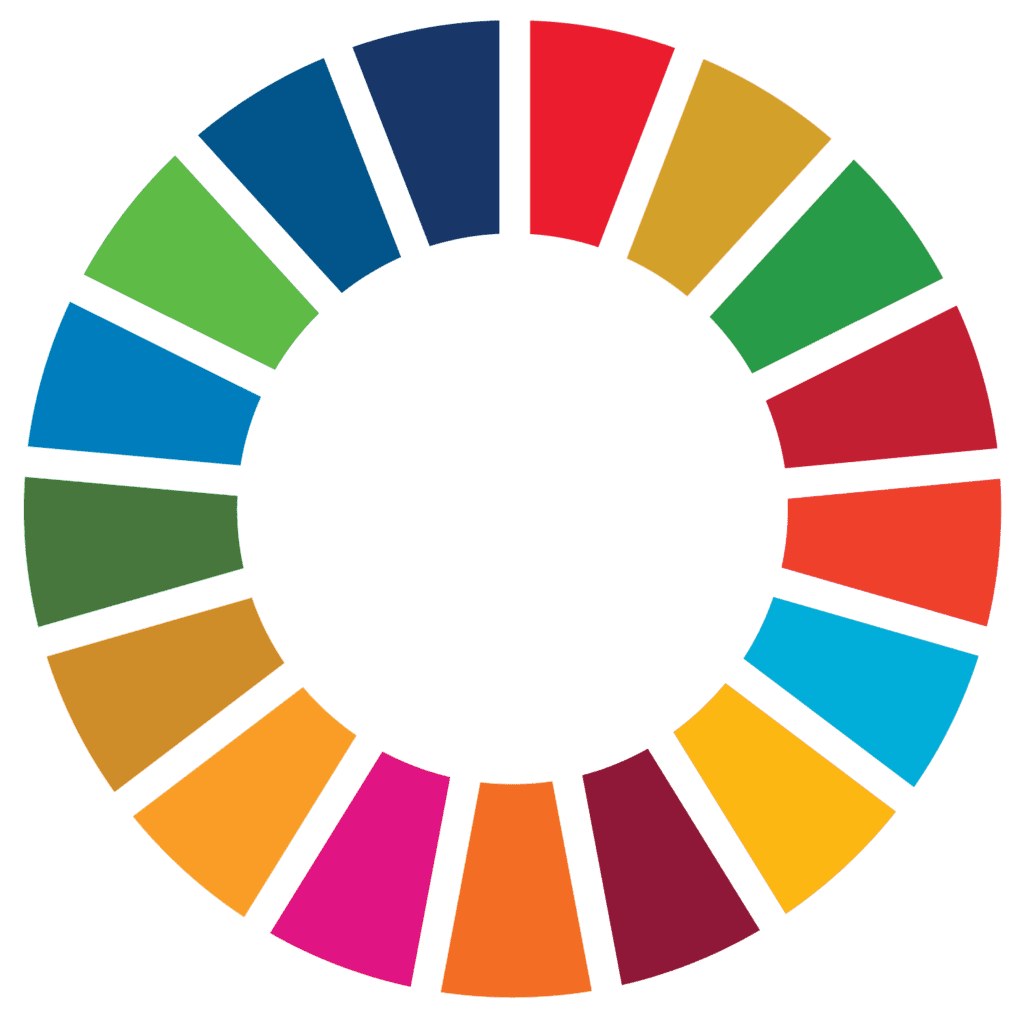A Sultanate Beyond Oil: What is left of the social contract in Oman when oil is gone?


So what’s the plan?
To facilitate the economic transition away from oil, Oman has a policy (Vision 2040), which is not unlike the policies proposed by the other oil exporting countries on the Persian Gulf (Saudi Arabia, the UAE, Bahrain, Kuwait, Qatar) and even shows some similarities to the EU’s Green Deal. It rests (among others) on ideas of growth becoming decoupled from fossil fuels and retaining a high standard of living through more foreign direct investment (FDI), a more innovative and active private sector, and developing a digitalisation-driven knowledge economy. But it omits that the ways in which social rights have been facilitated so far, rests crucially on financing through fossil fuels. The reliance of the transition on privatization is not compatible with the full coverage of all citizens with high standards in the areas of education and health care envisioned.
 Image by Talpa through Pixabay
Image by Talpa through Pixabay
Further, the regime’s promises of turning things around through “Omanization” (i.e. Omani nationals taking back the labour market from foreign workers, who currently make up the majority of workers) will not by itself create jobs with good pay and good work conditions. It remains mostly a discursive practice wherein foreign workers are (unfairly) blamed for economic issues.
The Omani regime is well aware of the need for structural reform that goes beyond rhetoric. But, as one of the fourteen individuals interviewed for the thesis, referred to it, the “oil drug” is too strong. Only when the oil prices plummeted in the past (e.g. during the COVID-19 pandemic), changes to the system – such as introducing taxes – were made. But as soon as the prices recover, unpopular decisions are reversed and money is used to create new public sector jobs, which serve no other end, but to be a vehicle for paying Omani citizens money.
Dissent on the horizon when the sun sets on Omani oil?
The regime has been hesitant to introduce taxes and instead has bridged past periods of low oil prices with international lending and privatization. If this continues, austerity measures demanded by lenders will lead to cuts in social spending, which has in the past been the main motivator for people to make political claims. The thesis’ analysis of earlier protest movements in Oman show, that especially when the regime fails to provide jobs to its nationals, it motivates people to express dissent. Indeed, concerns about their economic and social wellbeing rather than any demands for democratization or political rights per se have motivated Omanis to take the streets, whenever there were crises in oil income.
While the Omani practice proves the rentier state theory according to which oil rents uphold autocratic rule, this does not mean that the dwindling oil reserves would result in a wish for democratization. Indeed, no research participant seemed enthusiastic about democratization – something that is seen by many as a failing model. Instead, many Omanis put their hopes into decentralization or their religious and tribal affiliations. Those are the factors that are likely to emerge, once the Sultanate can no longer finance the social welfare state that it has built up. In other words, this is what people turn to, when their demands which have been founded on more than 50 decades of oil wealth, can no longer be fulfilled.
No blueprint for the future
While the economic vision for Oman is determined, much of the political transition rests on contingency. The regime is trying to change as little as possible but has put certain levers in place in order to be able to make changes, should the situation absolutely demand it. The past years have shown that how beloved an individual Sultan is, plays a considerable role in how well-received reforms are. This factor of loyalty – which is extremely strong in Oman – is underexplored in the literature on rentier state theory and will undoubtably also be seen to play a role in the post-oil transitions of the other monarchies in the region.
 Picture by Brian through Pixabay
Picture by Brian through Pixabay
In the past, the Sultanate has forged a unified country, executed a coup d’état, and suppressed an insurgency as well as movements for constitutionalism even from within the royal family – all because stability of the Sultanate was favourable to foreign powers who wanted an easy access to oil and to the Omani population, who wanted the oil to be used to increase their wellbeing. That this era shall indefinitely come to an end is something that Omani citizens, the regime, and the world at large are only conceptually aware of. The post-oil transition in Oman has potential to take away the foundation for the fulfilment of citizens’ social rights, which might in turn prompt a demand of more constraints of government powers.
While nobody can know when exactly it will be the case, it seems clear for now, that the economic transition in Oman will necessitate a political transition as well. The very defining features of the social contract will need to change. How Oman will navigate this shift will bring insights that have meaning far beyond Oman itself.
